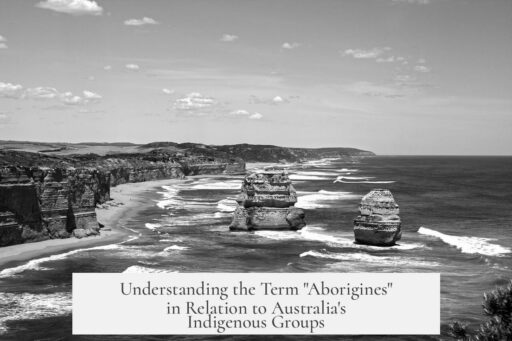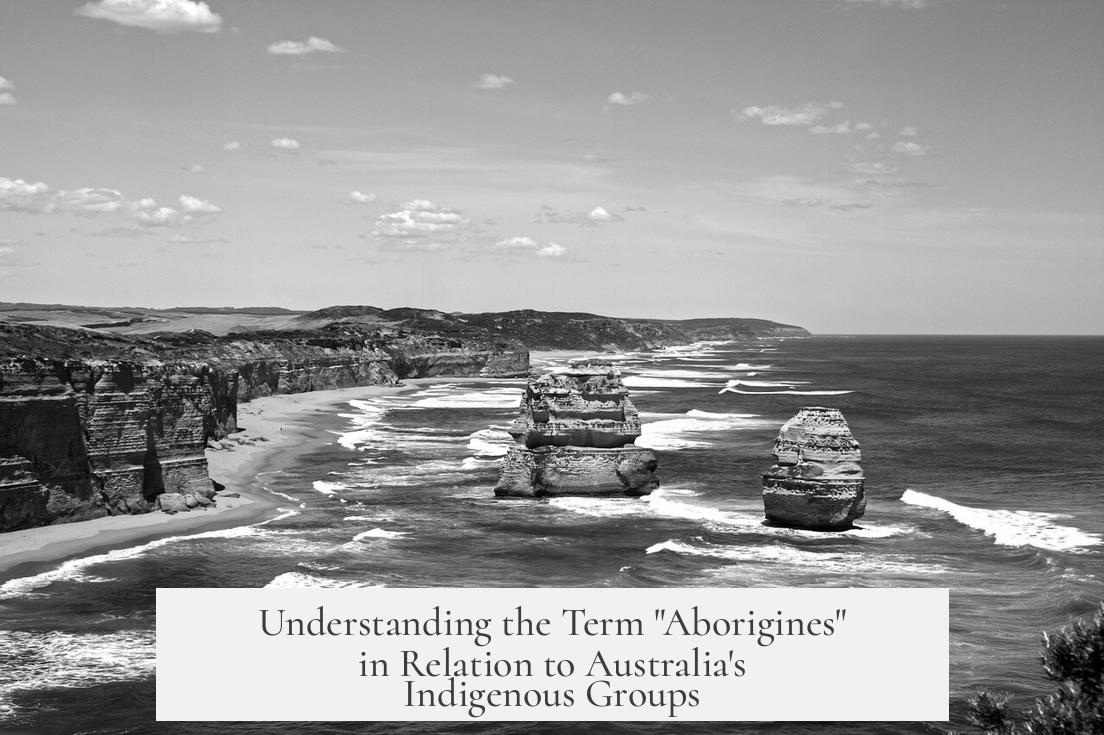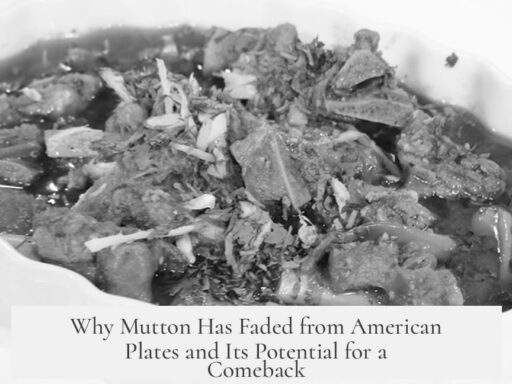Australian Aborigines are called “Aborigines” because the term historically referred to the original inhabitants of Australia. However, this label has become outdated and is no longer commonly used to describe the diverse Indigenous peoples of Australia.

Originally, “Aborigine” served as a broad term for the first peoples who lived in Australia before European colonization. Its Latin root means “from the beginning,” applied to those here before settlers arrived. Over time, this general label came under criticism for oversimplifying the rich diversity and unique identities of numerous Indigenous groups.
Today, the term “Aborigine” largely falls out of official and everyday use. Instead, Australia prefers “Aboriginal and Torres Strait Islander peoples.” This phrase acknowledges both the Indigenous Australians on the mainland (“Aboriginal peoples”) and the distinct Torres Strait Islander communities in the strait between Australia and Papua New Guinea.
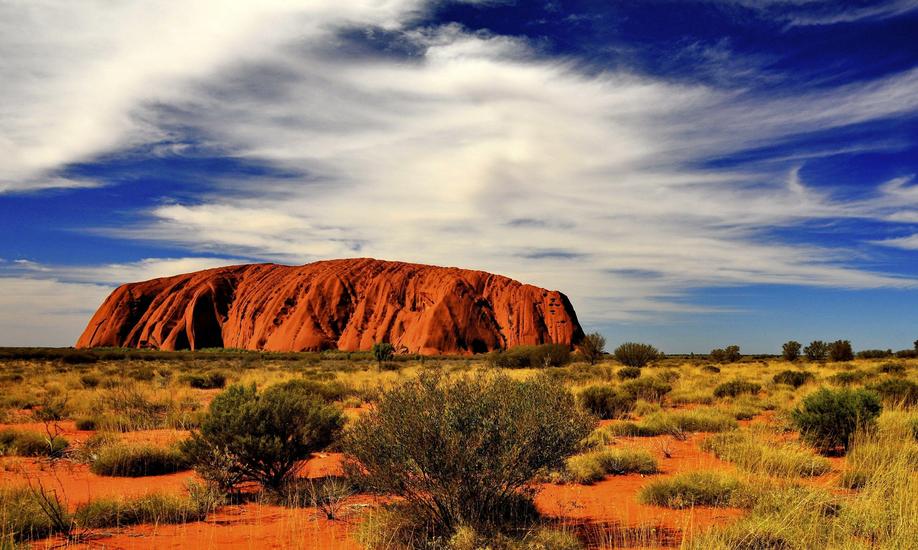
More importantly, modern practices emphasize recognizing the plurality of Indigenous groups rather than treating them as a single collective. Indigenous Australians belong to many distinct nations, each with its own language, culture, and traditions.
- Examples include the Whadjuk Noongars in Perth
- The Yued Noongars to the north
- The Ballardong Noongars to the east
- And the Ngunnawal people around Canberra
Official events in Australia often begin with an acknowledgment of the local Indigenous group whose land the event occupies, showing respect for their continuous connection to Country.

Individual Indigenous groups value their heritage and prefer to be identified by their specific nation or people when possible. This recognition prevents the erasure of their distinct identities that the term “Aborigines” can cause.
In summary, the term “Aborigines” originated as a general descriptor for Australia’s original inhabitants but is now seen as imprecise and potentially disrespectful. Contemporary Australian society recognizes the complex mosaic of Aboriginal and Torres Strait Islander peoples and supports using terms that honor their diversity and cultural specificity.
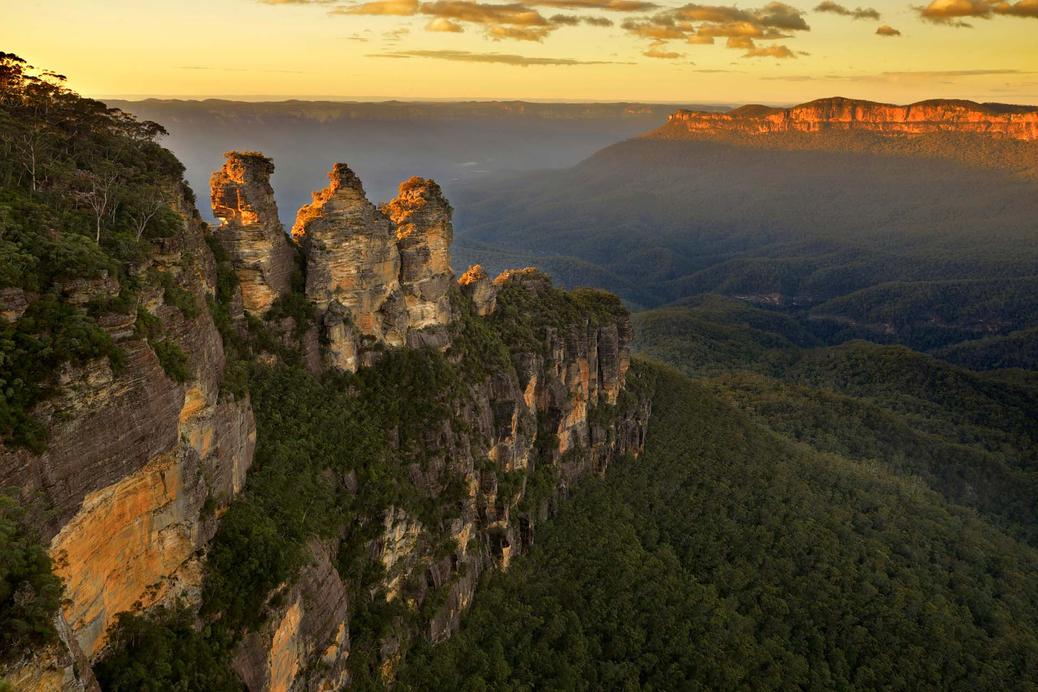
- “Aborigines” is a historical but outdated term.
- “Aboriginal and Torres Strait Islander peoples” is preferred officially.
- There is a strong focus on acknowledging local Indigenous groups.
- Recognition of distinct nations supports cultural respect and identity.
Why Are Australian Aborigines Called Aborigines?
Australian Aborigines are called “Aborigines” because historically, the term was used to describe the original inhabitants of Australia. However, the term has fallen out of favor as it is imprecise and doesn’t recognize the rich diversity among the indigenous peoples. Today, people use “Aboriginal and Torres Strait Islander peoples” to better honor this diversity.
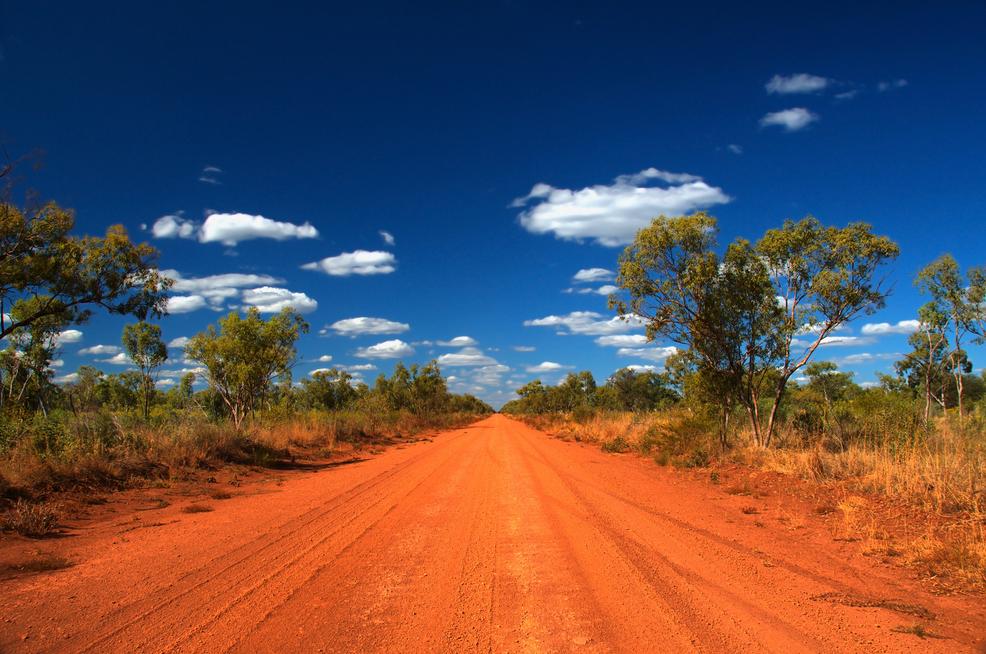
So why did this old term stick around for so long? The word “aborigine” is derived from Latin, meaning “original inhabitants.” It’s a neat, simple label, but labels can be like plain toast — fine for a quick snack, but not enough to capture a complex flavor. Australia’s indigenous peoples are not a uniform group, but many distinct cultures and languages spread across a vast continent.
For a long time, calling them “Aborigines” was the easy shorthand used by colonists, governments, and society. Problem is, this kind of shorthand tends to erase the nuances. Imagine calling all European countries just “Europe”! Sounds silly, right? That’s exactly why the term is now seen as outdated.
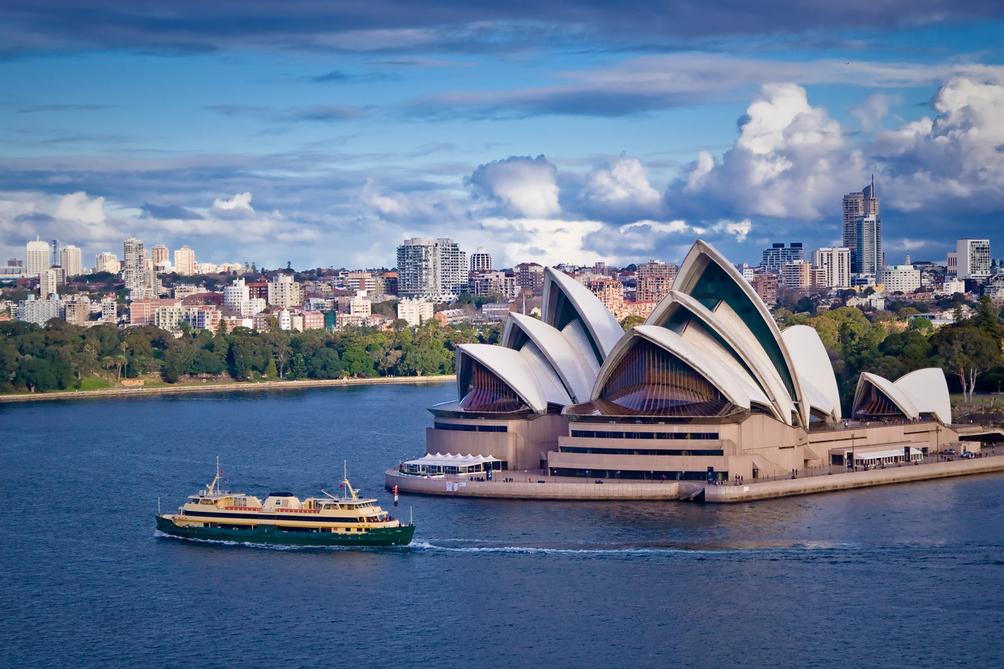
Australians today prefer terms that reflect identity and diversity better. You’ll often hear “Aboriginal and Torres Strait Islander peoples”—a mouthful, sure, but an honest one. It acknowledges the two main indigenous groups: Aboriginal Australians from the mainland and Torres Strait Islanders from the islands between Australia and Papua New Guinea.
Rather than painting with one broad brush, it’s more like a detailed watercolor painting—each brushstroke matters.
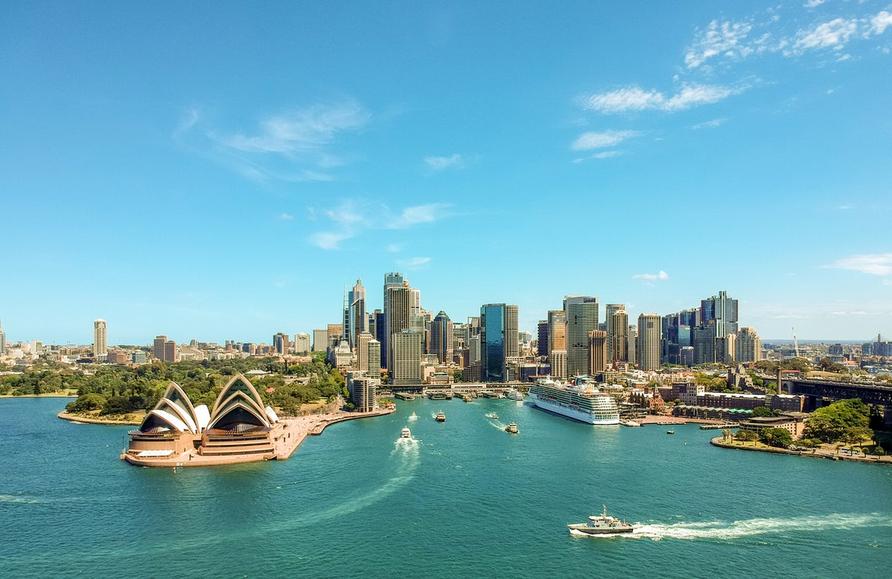
Recognizing Diversity: More Than One Group
The indigenous peoples of Australia are a wide spread of diverse groups, each with its own language, culture, and history. Saying “Aborigines” lumps them all together, ignoring the rich tapestry that makes each group unique.
Take for example the Noongar people of southwestern Australia. Within the Noongar umbrella, you find different clans like the Whadjuk, Yued, and Ballardong, each with distinct territory and traditions. Perth stands on Whadjuk Noongar land, while to the north are Yued Noongar, and to the east, Ballardong Noongar. Another city, Canberra, is home to the Ngunnawal people.
Isn’t it fascinating that even within one region, there’s such rich differentiation? It challenges the idea of grouping all indigenous Australians under one vague label.
In Australia today, it’s common and respectful during official gatherings to acknowledge the local indigenous group where the meeting happens. This practice honors deep connection to country and culture.
Why Does Individual Identity Matter?
Each group is proud of its heritage, language, and customs. They want to share their stories, art, and knowledge. Using a broad term like “Aborigines” risks losing these unique voices.
Imagine you go to a community event and the MC simply says, “Welcome, Aborigines.” It feels distant and impersonal. But if they say, “We acknowledge the Whadjuk Noongar people, the traditional custodians of this land,” it shows care and respect. It connects the past with the present in a meaningful way.
Where Can You Learn More?
If you want to dive deeper, the Australian Institute of Aboriginal and Torres Strait Islander Studies offers a fantastic map showing indigenous groups across Australia. It’s eye-opening.
Here are some group-specific resources worth exploring:
- Noongar Culture (South-western Australia)
- Miriuwung Gajerrong (Kimberley region, Northern Australia)
- Ymatji Marlpa People (Pilbara region, Northern Australia)
- Kuku Yalanji (Northeast Australia)
So, Should You Ever Call Them “Aborigines”?
Short answer: It’s best to avoid “Aborigines.” The term sounds old-fashioned, generic, and can come off as disrespectful if used without understanding its context. Instead, say “Aboriginal” or “Indigenous,” and when possible, name the specific group.
Think of it as learning someone’s name instead of just calling them “hey you.” It makes a huge difference.
Language evolves. Thankfully, society is moving towards honoring the true complexity and identity of Australia’s first peoples. It’s about respect, accuracy, and recognition.
Wrapping Up
The term “Aborigines” started as a blanket label for Australia’s first inhabitants, but it no longer fits the facts or the feelings shared by Indigenous Australians themselves. Today, the diversity and distinctiveness of Aboriginal and Torres Strait Islander peoples are central to how we speak and think about them.
Acknowledging this diversity helps us appreciate the land’s oldest cultures—not just as a vague group, but as many stories, traditions, and connections tied deeply to country, time, and identity.
Next time you hear or think the word “Aborigine,” ask yourself—what story am I leaving out by using this old word? Chances are, a respectful and accurate name is just around the corner.
